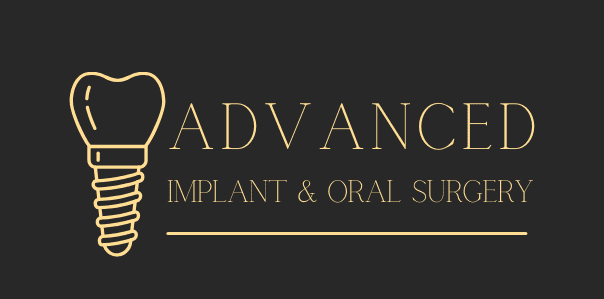Your gums are the connective tissue that keeps your teeth secure in the mouth. Healthy gums are firm and pink, but if their appearance starts to change, including their color, this could point to a health concern.
Your dentist can give you a periodontal disease screening to evaluate your gum health at your next routine dental appointment. But if you notice symptoms before this point, do not wait to contact your dentist. Read on to learn about three ways your gum color might change and what this could mean for your overall oral health.

What Does the Color of My Gums Say About My Oral Health?
Red or Inflamed Gums
Inflammation, redness, and bleeding can occur in your gums for acute reasons, like harsh teeth brushing techniques. But if these symptoms continue or do not have a clear cause, you might have gingivitis, the early stage of gum disease.
This infection of the gum tissue is common. But though prevalent, gum disease can cause irreversible dental damage, including tooth loss, as it advances. A dentist will need to treat the disease with periodontal therapy.
Gum disease is easier to eradicate with an early diagnosis. So do not delay seeking help from your dentist if you see changes in your gums, including their color. And continue visiting your dentist for routine check-ups.
Pale or White Gums
Gums can appear paler than usual for a number of reasons, such as anemia, a condition in which the body has a low red blood cell count. Or a painful white bump on the gums could be a canker sore. This type of irritation will usually go away on its own.
White gums may also develop due to oral thrush, a yeast infection in the mouth. A dentist can help you get rid of this problem, but you will need an official diagnosis from your dentist. Do not delay treatment of this or any other gum problems. Call your dentist as soon as you can.
Dark or Black Gums
Some people have a naturally darker hue in their gum tissue. But if the gums start to grow darker or turn black over time, this could mean you have an oral health problem. Not all periodontal symptoms point to a dental emergency, but you should consult your dentist about them to make sure.
Poor oral habits could lead to a darkening of your gum tissue. Smoking can cause this, but hormonal changes may also make gums turn black.
Black gum tissue can also be a symptom of a serious type of gum disease known as trench mouth. This infection can leave patients in severe pain with intense dental damage quickly, so do not ignore this issue.
Want to learn more about preserving your gum health? Talk to your periodontist about preventative dental care for your gums. They can also discuss cosmetic solutions that enhance your gum color if you prefer.
